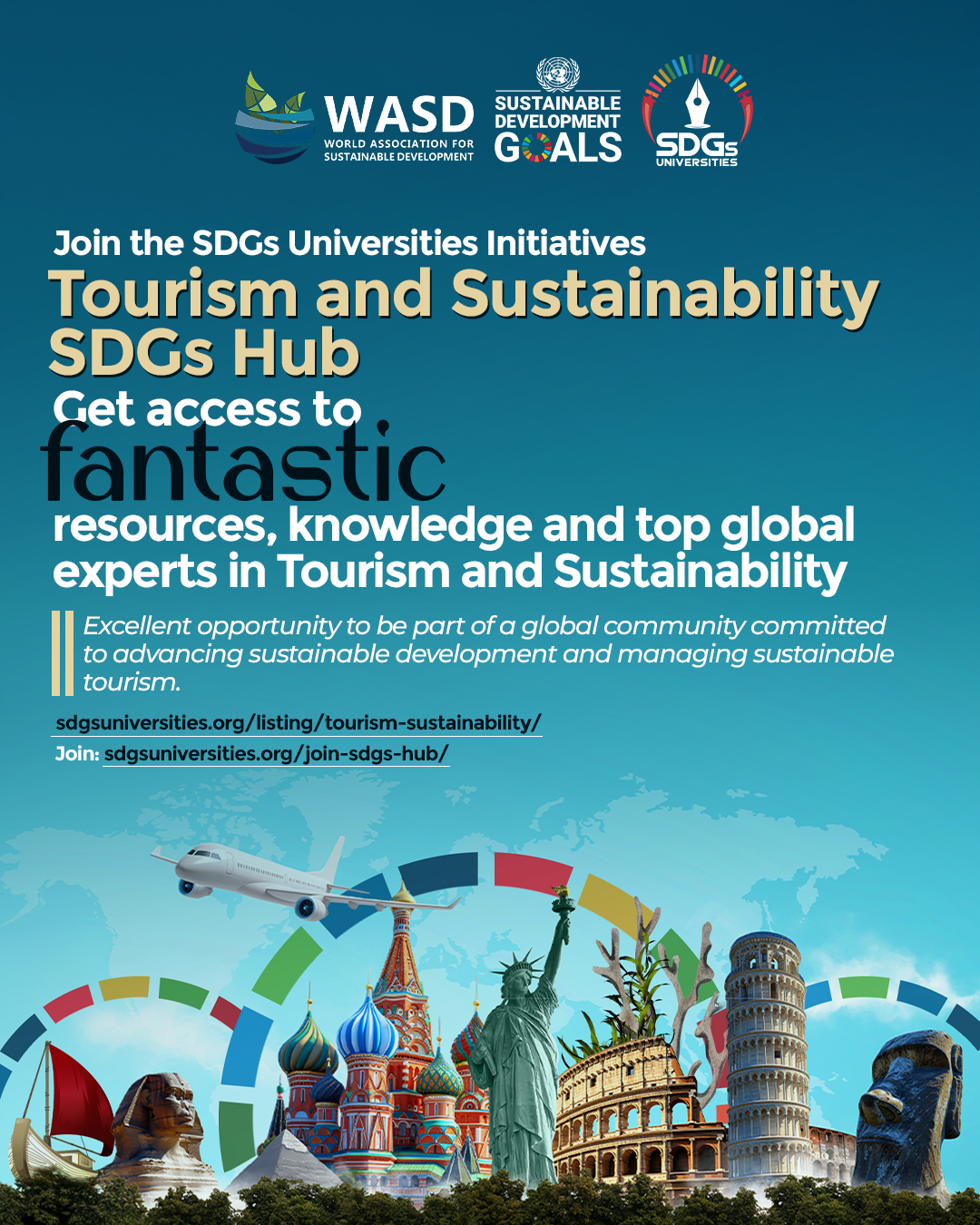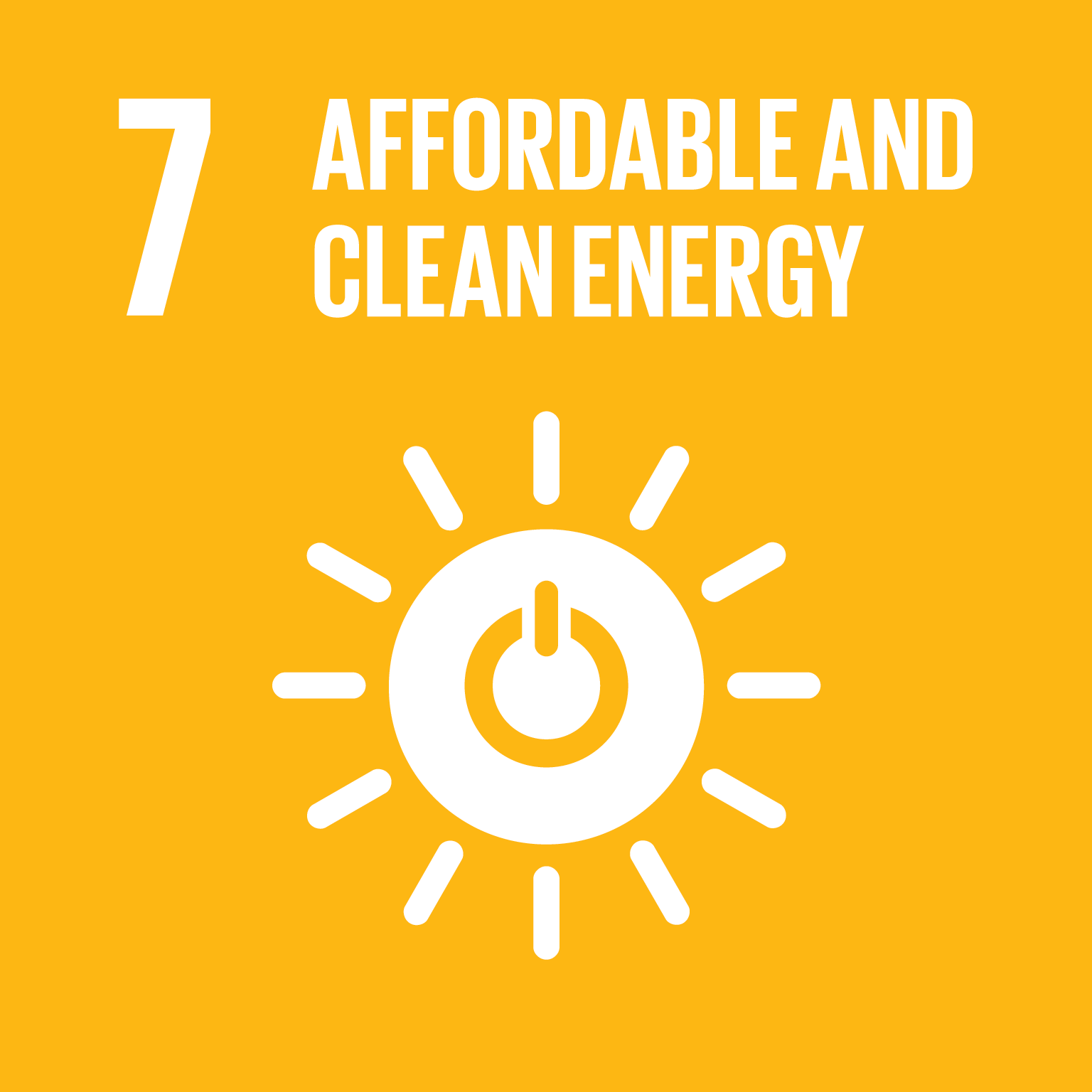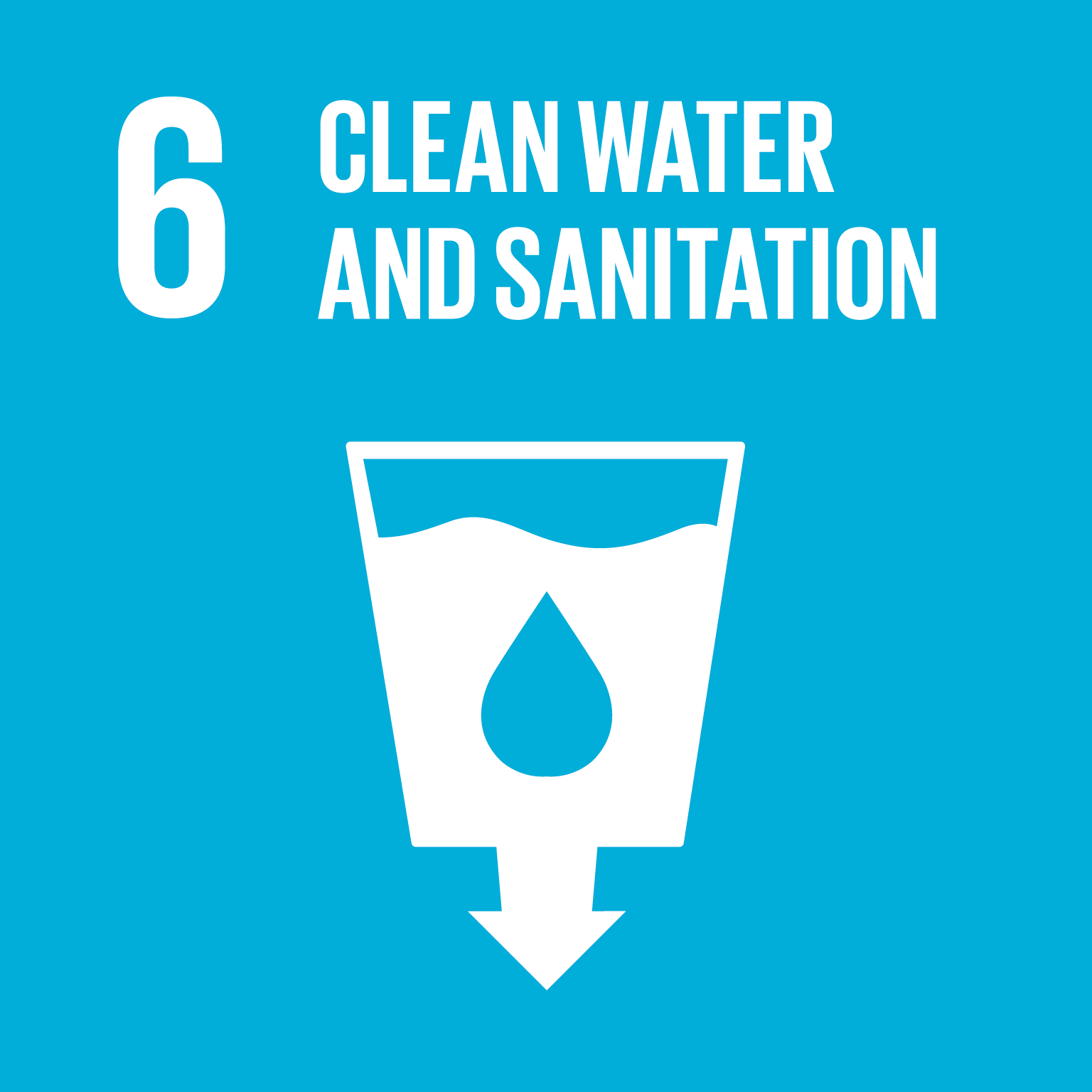In order to balance economic, social, and environmental goals, the concept of tourism and sustainable development combines the expansion of the tourism sector with sustainability principles. Meeting the needs of current visitors and host communities while preserving and expanding opportunities for the future is the main goal of sustainable tourism development. Three essential components are included in this definition: environmental, social, and economic sustainability.
Universities can better advance tourism and sustainability and equip the upcoming generation of professionals to handle the intricate problems in this sector by putting these strategies into practice. This will necessitate a dedication to ongoing development and adjustment to new problems and trends in sustainable tourism. Several tactics are needed to enhance university research and teaching in tourism and sustainability.
Interdisciplinary Collaboration: To create thorough curricula and research projects that address the complex nature of sustainable tourism, promote cooperation between departments like tourism, environmental science, economics, and sociology. Universities can give students a comprehensive grasp of the issues and give them the tools they need to solve complex problems by encouraging interdisciplinary approaches. For instance, collaborative research initiatives can examine the social and cultural effects of tourism policies or the economic and environmental effects of various tourism practices.
Global Perspective: Encourage cross-border cooperation and exchange initiatives to introduce scholars and students to a range of tourism systems and issues. This can improve their comprehension of global sustainable tourism challenges and encourage the creation of solutions tailored to the particular context. Universities can share information, resources, and experience and support international initiatives to address issues related to sustainable tourism by collaborating with foreign partners. For instance, students can learn about creative approaches to sustainability and examine tourism practices in other nations through exchange programs.
Community Engagement: To make sure that research and instruction are pertinent and responsive to needs in the real world, cultivate alliances with regional communities and tourism stakeholders. Universities can increase the work's practical applicability and assist regional sustainable tourism initiatives by incorporating locals, companies, and organizations in the creation of their curricula and research projects. For example, cooperative projects can concentrate on assessing the effects of tourism on nearby communities or creating sustainable tourism strategies for regional destinations.
Innovative Teaching Strategies: To engage students and improve their comprehension of sustainable tourism concepts, use innovative teaching strategies like case studies, problem-based learning, and simulation exercises. These techniques can aid in the development of critical thinking and problem-solving abilities in students, which are crucial for dealing with challenging sustainability issues in the travel and tourism industry. Students can gain knowledge about best practices and lessons learned, for instance, by studying case studies of prosperous sustainable tourism initiatives.
Practical Learning:: To give students practical experience in sustainable tourism, include fieldwork, internships, and practical projects in the curriculum. This may entail collaborating with regional protected area management organizations, community organizations, or tourism businesses. Opportunities for experiential learning give students the chance to put their theoretical knowledge to use in real-world situations, understand the difficulties that various stakeholders face, and hone their problem-solving abilities. For example, students can work on projects that entail creating eco-friendly travel goods or putting community-based tourism programs into action.
Sustainability Standards and Certification: Include instruction on sustainability standards and certification in the curriculum. Given the increasing significance of sustainability standards and eco-labels in the travel and tourism sector, students must comprehend how these instruments can be utilized to advance sustainable practices and raise the legitimacy of travel agencies. The efficiency of various certification programs and their effects on consumer behaviour and market competitiveness can also be the subject of research.







